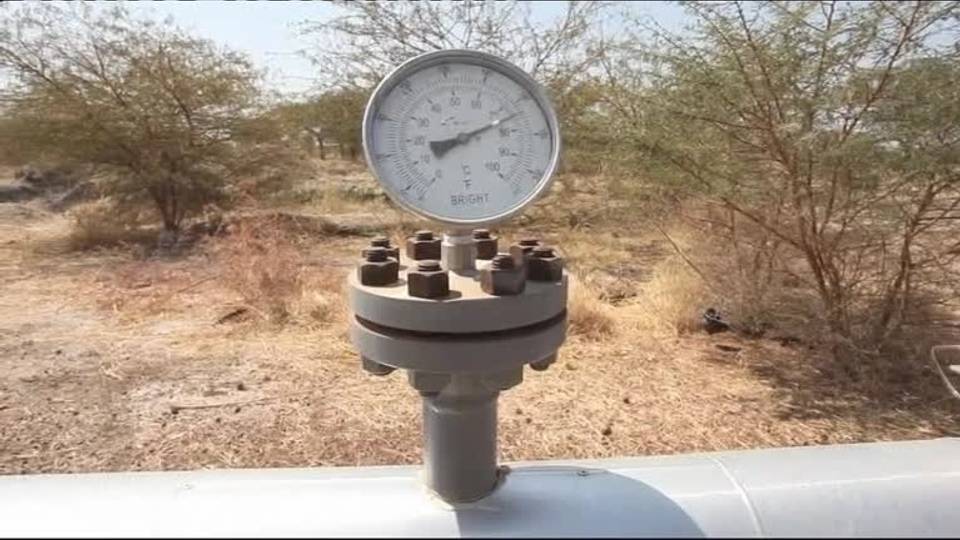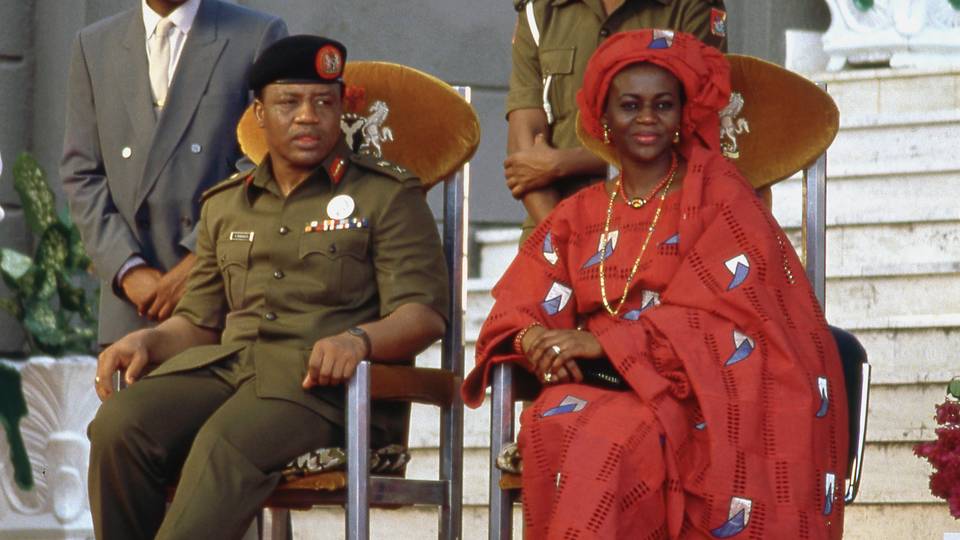Sport
Dollar
38,7511
0.36 %Euro
43,6449
0.25 %Gram Gold
4.138,8700
0.85 %Quarter Gold
0,0000
%Silver
0,0000
%After nearly a year without salaries, South Sudanese civil servants are excited following the country's resumption of oil exports.

By Sylvia Chebet
News of the resumption of South Sudan's oil export has sent waves of excitement across the world's youngest nation.
Transportation of crude oil through Sudan had come to a halt for almost a year after fighting in neighbouring Sudan ruptured a key pipeline, cutting off South Sudan's oil from the global market.
The landlocked East African country ships its oil to the international crude oil market through Port Sudan on the Red Sea, with Sudan taking a cut as a transit fee.
"We are so excited that our lifeline is back," Dr Abraham Maliet Mamer, South Sudan's Senior Economic advisor in the economic cluster, told TRT Afrika.
"There was jubilation in the streets of Juba and in other parts of the country when it kicked off," he said, adding: "It is a moment that we have been waiting for, for so long."
For the South Sudanese, this development will not only mean more revenues for the government but also money in their pockets.
"People who have not been paid for nearly a year, especially those working for the government, are now going to get their salaries as regularly as ever," the economist believes.
No salaries
Going without pay for a year is inconceivable for anyone, and for a country's entire civil service, it is puzzling, Mamer reckons. It was a collective act of patience and optimism that saw the South Sudanese pull through that difficult phase, he added.
"You know, we have just emerged from a long war. All of us have developed resilience and patriotism."
But what really made it possible for many to survive for days and months on end without any income is the country's culture of communal living.
"They (South Sudanese people) are very kind to each other... So even if people do not get salaries, they are able to carry on in a communal set-up. Small businesses have been taking care of families, relatives and even friends," he said.
Since February 2024, when part of the oil pipeline was destroyed during the war in Sudan, South Sudanese held on to their government's promise, believing that the shutdown was temporary.
"Our government finally came back with an amazing gift for the New Year. It's a good gift, especially for the people waiting to be paid; this is the best one we can ever get as a nation."
Struggling economy
South Sudan, with a population of around 12 million, took over approximately three-quarters of the oil reserves from Sudan when it seceded and gained independence in 2011.
Despite its oil riches, the country has struggled to find its footing, battling ethnic violence, political instability, poverty, and natural disasters.
"We know that our economy is suffering," Puot Kang Chol, South Sudan's Petroleum Minister, said at a press conference in Juba on 7 January.
"We believe that, with tomorrow's resumption of oil exports, resources will be back on the table," he added.
The minister stated that it would be a gradual process, with an initial target of 90,000 barrels per day.
"This is what the pipeline will accommodate in the first phase. Thereafter, if we have the capacity to increase more than that, we will do so," Chol said.
Prior to the rupture, the country produced over 150,000 barrels of crude per day, according to BP's Statistical Review of World Energy.
The resumption of oil production is expected to provide a much-needed boost to the beleaguered economy.

"You know, over 90% of our revenues come from oil, so you can see the impact," Mamer noted.
Expected revenue
Despite turbulence in the global crude oil market, South Sudan projects that it will generate around $400 million annually from its exports.
"And $400 million is enough for us to pay off all our bills, our civil servants, our security costs, and even for peace. Peace requires a lot of money," the economist observed.
A peaceful solution to Sudan's war, which began in April 2023, could greatly benefit South Sudan.
Uninterrupted oil exports to the global market would provide steady revenues, powering industries like agriculture, manufacturing, and mining.
"That's why we want peace in the region, so we can enjoy our resources… war is not a good thing. It destroys infrastructure, culture, and lives." Mamer added,
"If things go well, we can actually build a refinery to serve our local consumption, as we currently export crude and import the finished product, which is very costly."
Exporting the finished product to neighbouring countries, such as Ethiopia, Kenya, Uganda, Sudan, and Somalia, would be a significant achievement. This will boost economic growth not only in South Sudan but also in the Horn of Africa region.
➤ Click here to follow our WhatsApp channel for more stories.
Comments
No comments Yet




















Comment